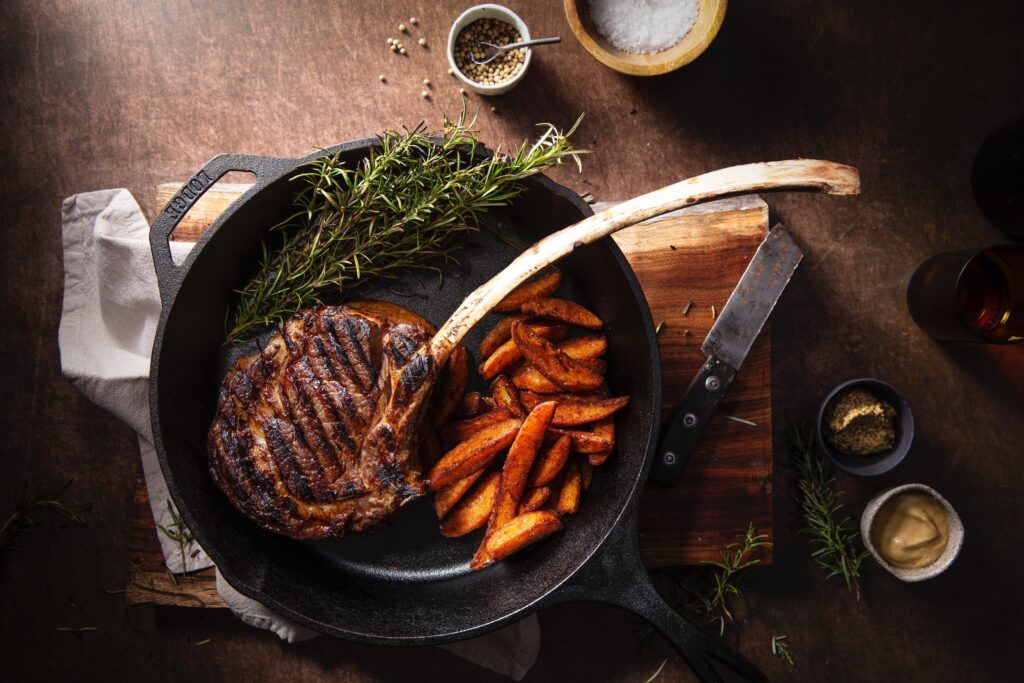How much Protein do I need?

First – What is protein? Why do we need it?
Protein is made of amino acids. There are over 200 different amino acids in nature. Our bodies need 20 to function properly. Of those 20, 9 are essential, meaning our body can not synthesize them and we have to get them from the foods we eat.
Amino acids work as the building blocks for our body among other very important things. Amino acids also work to produce enzymes, hormones, and antibodies for our immune system.
Our body does not store protein like it can carbohydrates (glycogen) or fat (triglycerides). Once the small intestine breaks down protein into its amino acid components, the amino acids go into our bloodstream and join what’s called the amino acid pool. The amino acids are basically floating around our blood stream till they need to be used. If we are not getting enough protein our body will find a source of the essential amino acids to keep things functioning. That source is primarily our muscle tissue. This can lead to muscle atrophy and many other conditions we want to avoid such as osteoporosis and hair loss.
How much do we need?
The general recommendation is between .65g to 1g of protein per pound of body weight. This can vary a bit depending on your goals, body fat percentage, chronological age, training age (how long you’ve been exercising) whether you are sick or healthy, etc…
Weight loss:
When we are in a calorie deficit we want 1g of protein per 1 pound of body weight daily. 1g per 1 lb. is going to help us to keep as much muscle mass as possible. It is very important that we minimize muscle loss when we are trying to lose weight. In general people tend to be over nourished and under muscled. The current research is showing that being under muscled is more detrimental to our long term health than being over nourished. We want to retain as much muscle as possible.
Our bodies are either in an anabolic (building) or catabolic (breaking down) state. It’s very hard to lose fat and build muscle at the same time, not impossible but unlikely. To hedge against muscle loss when losing weight we need as much protein as possible.
Hypertrophy (building muscle):
When we are focusing on building muscle we can drop protein down to about .65g per 1lb of body weight, but we need to increase our carbohydrate intake. As a loose ballpark figure we want about twice the amount of carbohydrates to protein. Depending on your activity level and body fat percentage this number might be a bit higher or lower.
Both exercising and consuming protein increase muscle protein synthesis (MPS is anabolic, building). However, muscle protein breakdown (MPB is catabolic) also increases with exercise.
We want MPB because it’s one of the drivers of adaptation – building muscle. We need to increase our carbohydrate intake while we are focusing on building muscle to make sure the majority of the protein we eat is used for the structural building of muscle not for energy . Our bodies prefer to use carbohydrates and fat for fuel, but aminos acids can be turned into glucose in a pinch (gluconeogenesis).
Think of it like building a house, protein (amino acids) act as the construction material. It doesn’t just build itself, we need physical labor to put it together. Carbohydrates are not exactly the labor, but the fuel they run off of. The more fuel they have, more work gets done.
Even though I always lean toward 1g per pound of body weight in general, the current research in muscle building doesn’t see an advantage of going over .65g per pound for building muscle as long as your carb intake is high enough.
The Aging Athlete:
At least 1g of protein per pound of body weight. As we age, we start to develop protein resistance. Our bodies don’t respond as well to protein intake, specifically MPS (muscle protein synthesis) slows down a bit. This is not the worst news as far as getting older goes, we just need to hedge our bets and make sure we get plenty of protein as we age. As long as we get enough and keep lifting heavy things, we can have as much muscle mass at 65 as when we were 35 if not even more. If we don’t, the consequences can be severe.
Learn how to eat
Learning how to eat is going to make maintaining a healthy body weight easier. Take the steps to build healthy eating habits. Learn how by booking a Free Nutrition Consult.
OG has been helping Bend, Oregon residents be healthier and happier since May, 2009. Experience the difference!

